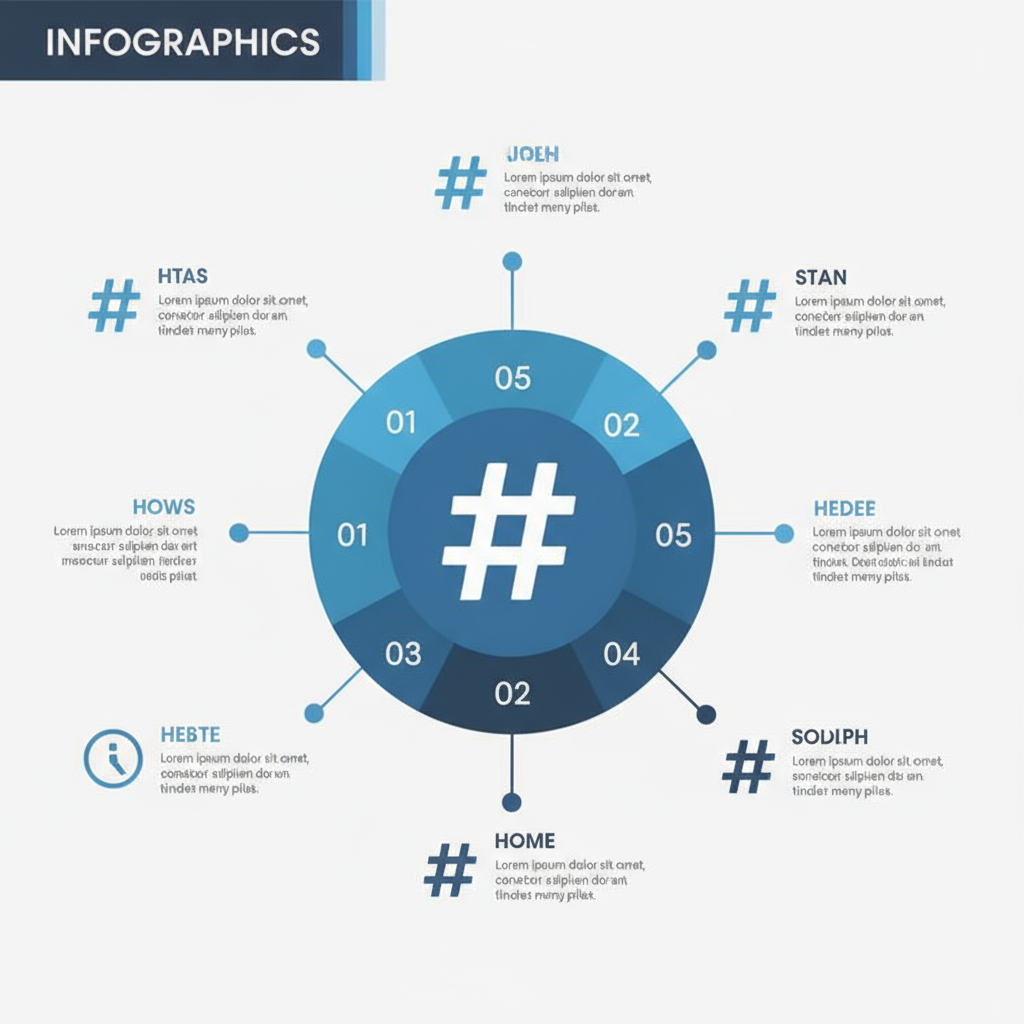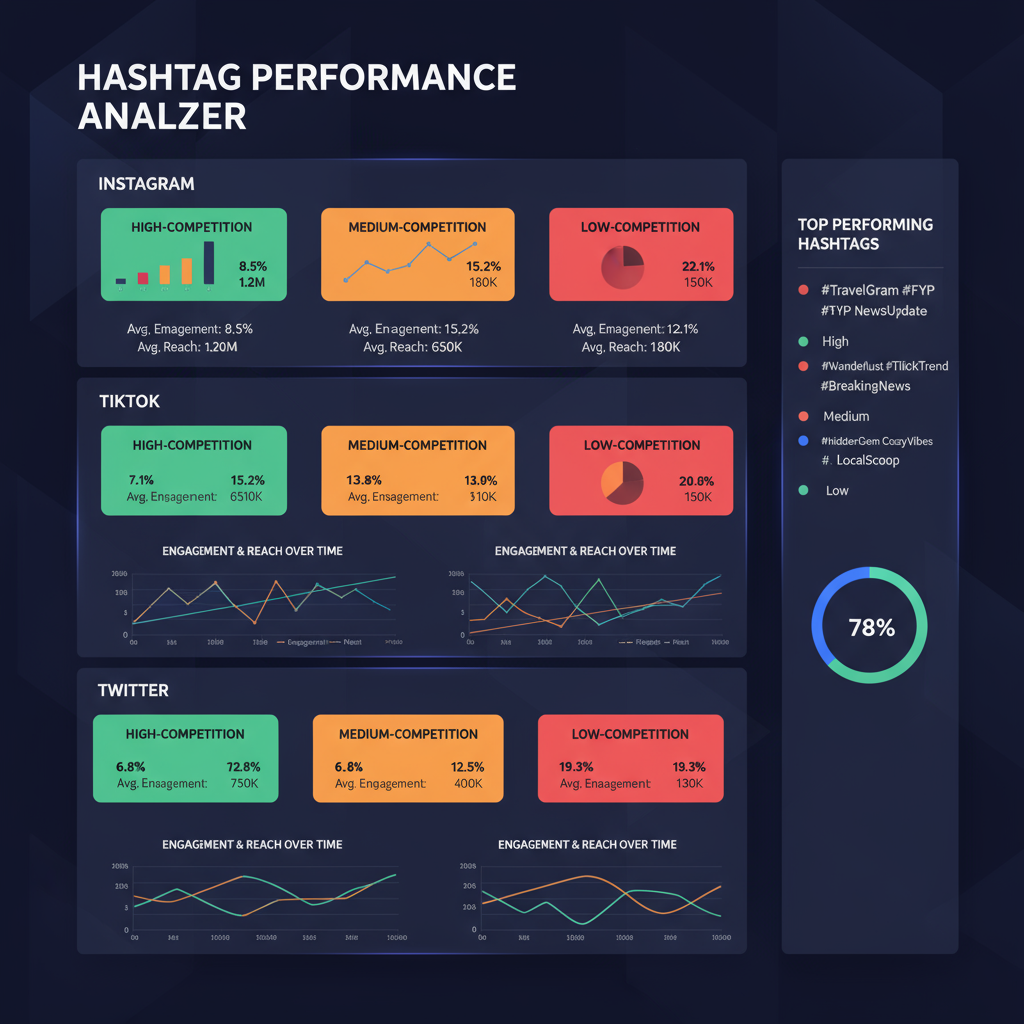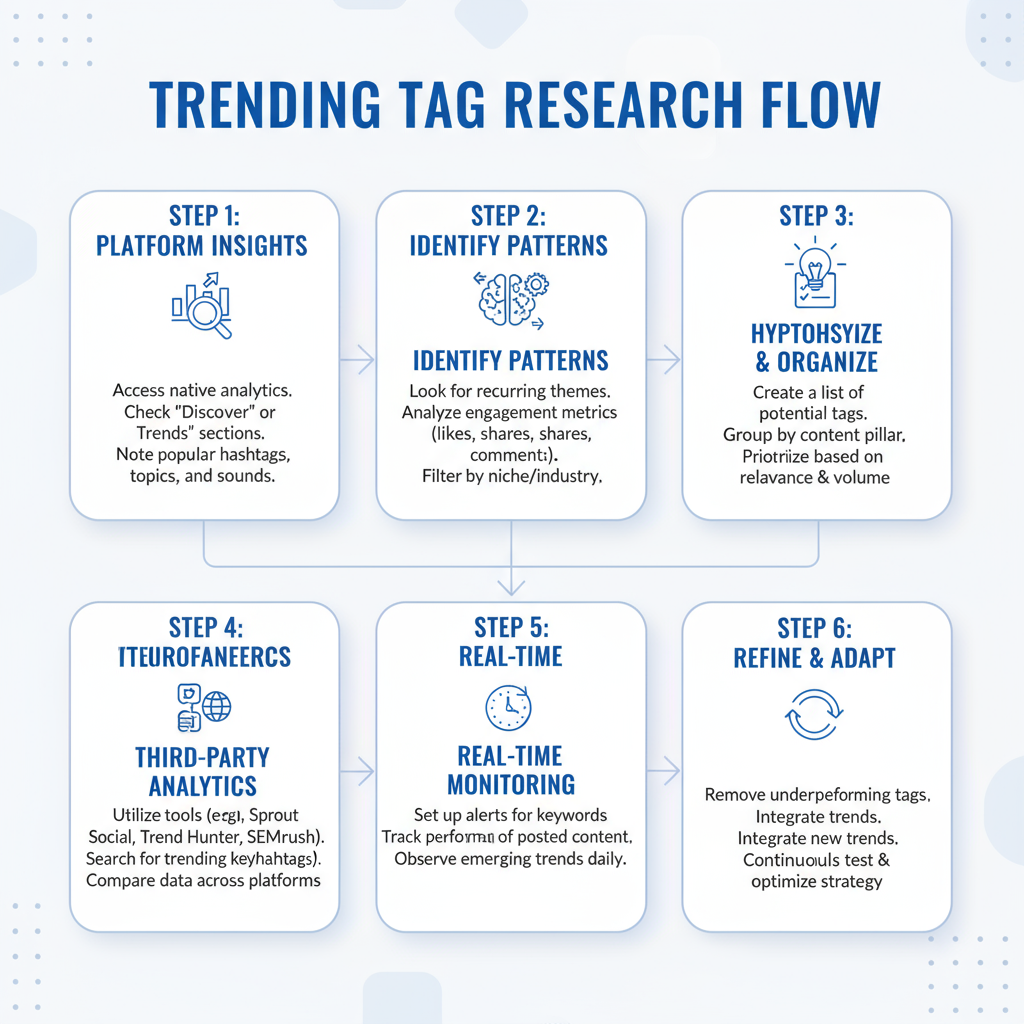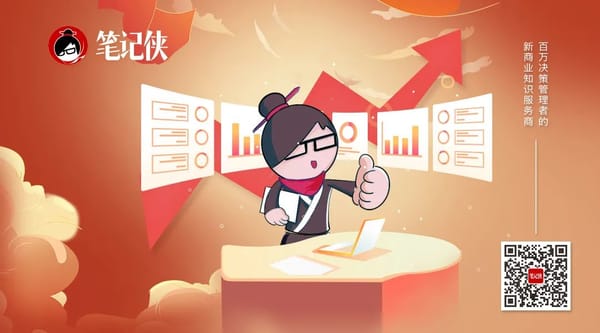Best Tags for Followers to Boost Social Media Growth
Learn how to use hashtag strategy to boost social media growth, mix competition levels, research trends, and create branded tags for engagement.

Understanding What Hashtag Strategy Means for Growth
In the fast-paced world of social media marketing, hashtags are not just decorative add-ons — they are powerful discovery tools that can significantly impact follower growth. A well-planned hashtag strategy helps you connect your content to the right audience, beyond your immediate followers. When developing tags for followers, it’s essential to balance relevance and reach so your posts appear in front of the right people at the right time.

By using the right tags consistently, you can:
- Increase post visibility in search and explore feeds.
- Amplify engagement rates (likes, comments, shares).
- Attract new audiences who are genuinely interested in your niche.
- Strengthen brand identity through consistent keyword usage.
---
Difference Between Reach, Niche, and Community Hashtags
Not all hashtags are created equal. Understanding the categories before selecting tags for followers is crucial.
- Reach Hashtags: Broad, high-traffic tags (e.g., #Love, #Inspiration, #Fashion) that potentially expose your content to millions. Great for massive reach but highly competitive.
- Niche Hashtags: Targeted tags focused on specific interests, industries, or product categories (e.g., #VeganRecipes, #TechBlogger). They draw in highly relevant audiences.
- Community Hashtags: Tags that foster conversation and interaction around a group or movement (e.g., #WritersOfInstagram, #GamersUnite).
Balancing these types is the first step toward a measurable hashtag strategy.
---
Researching Trends Using Platform Tools and Third-Party Apps
Platform-specific insights can be invaluable. Each major social media network offers built-in tools for hashtag analytics:
- Instagram: Search bar suggestions, Insights for business accounts.
- TikTok: Discover page trends and keyword suggestions in the “Sounds” and hashtags sections.
- Twitter/X: Trending topics in the Explore feed and advanced search filters.
For deeper research, try third-party tools such as Hashtagify, RiteTag, or Flick to:
- Identify trending tags for followers growth.
- Analyze hashtag engagement history.
- Assess competition levels and audience sizes.

---
How to Mix High-, Medium-, and Low-Competition Tags
Relying solely on popular hashtags can drown your post in seconds due to content volume. Instead, use a strategic mix:
- High-Competition Tags (millions of posts): Excellent for quick visibility but lose traction fast.
- Medium-Competition Tags (hundreds of thousands of posts): Provide steady discoverability with manageable competition.
- Low-Competition Tags (under 50,000 posts): Ensure longer-term exposure and a higher chance to rank in top posts.
Combining these categories will deliver both instant hits and sustained impressions.
---
Creating Your Own Branded Hashtag for Loyalty and Recognition
A branded hashtag reinforces your identity and unites your community. To create one:
- Keep it short, unique, and easy to remember.
- Reflect your brand’s tone and values.
- Encourage audience participation.
For example, Coca-Cola’s #ShareACoke campaign drove customers to share photos, boosting both organic reach and loyalty.
---
Examples of Top Tags for Instagram, TikTok, and Twitter Followers
Choosing the right tags for followers often depends on the platform’s culture and audience.
| Platform | Top Reach Tags | Top Niche Tags | Top Community Tags |
|---|---|---|---|
| #Love, #InstaGood, #PhotoOfTheDay | #FoodieLife, #YogaFlow, #DigitalNomad | #InstaTravel, #BookLovers, #MakersGonnaMake | |
| TikTok | #ForYou, #FYP, #Viral | #DanceChallenge, #StudyTok, #DIYProjects | #SmallBizTok, #MomsOfTikTok, #MusicMakers |
| Twitter/X | #MotivationMonday, #BreakingNews, #Tech | #IndieAuthors, #CryptoNews, #EcoFriendly | #FilmTwitter, #StartupLife, #BlackTechTwitter |
Use these as starting points, but tailor them to your brand’s tone and content theme.
---
Seasonal and Event-Based Tags to Boost Engagement Temporarily
Capitalizing on seasonal and event-specific hashtags can produce timely spikes in engagement. Examples include:
- Seasonal: #SummerVibes, #WinterWonderland, #SpringStyle
- Events: #Oscars2024, #SuperBowl, #BlackFridayDeals
- Awareness Days: #WorldEnvironmentDay, #InternationalWomensDay
Combining these with evergreen hashtags helps sustain content relevance beyond temporary events.
---
How to Rotate and Test Tag Sets for Optimal Performance
Using the exact same hashtags repeatedly can signal spam to algorithms, reducing reach. Instead, rotate your hashtags:
- Develop multiple hashtag sets for each content type.
- Alternate sets between posts.
- Record and compare performance metrics.
A tracking sheet or spreadsheet can simplify this process and guide future optimizations.
---
Avoiding Banned or Spammy Tags to Protect Account Health
Some hashtags are banned due to spam or inappropriate use. Using them can result in shadowbans or restricted visibility.
Tips to avoid problems:
- Check each hashtag before posting — absence of recent activity may indicate a ban.
- Avoid irrelevant tags just to chase trending topics.
- Stay informed via reputable social media marketing resources or platform help centers.
---
Measuring Success with Hashtag Analytics and Insights
Without measurement, you cannot improve your strategy.
Key metrics to track:
- Reach / Impressions: Number of views generated via specific hashtags.
- Engagement Rate: Likes, shares, and comments gained from hashtag discovery.
- Ranking: Placement in the “Top” section for a hashtag.
Example analytics entry:
Hashtag: #TravelTips
Impressions: 10,500
Engagement: 1,200 (likes + comments)
Top Posts Ranking: Yes (6 hours)---
FAQs About Using Tags for Followers Growth
Q1: How many hashtags should I use per post?
Instagram allows up to 30, but 9–15 carefully chosen hashtags tend to perform best. TikTok posts often work well with 3–5 focused tags.
Q2: Should I put hashtags in captions or in comments?
Both are effective on Instagram: captions for improved visibility, comments for a cleaner feed.
Q3: Do hashtags still work on Twitter/X?
Yes, though it’s best to limit them to 1–2 per tweet to maximize engagement potential.
Q4: Can I reuse hashtags from competitors?
Yes, competitor research can help uncover relevant, active hashtags in your niche.
Q5: How often should I update my hashtag strategy?
At least once a quarter — or whenever performance data suggests stagnation.

---
Summary and Next Steps
The most effective tags for followers are those that align with your content, target audience, and evolving trends. Treat your hashtag strategy as a living part of your social media plan: research consistently, test variations, mix competition levels, and measure results. By following these steps, you can maximize reach, encourage engagement, and steadily grow your follower base over time.
CTA: Start refining your hashtag sets today — analyze what’s working, rotate strategically, and watch your engagement soar.



